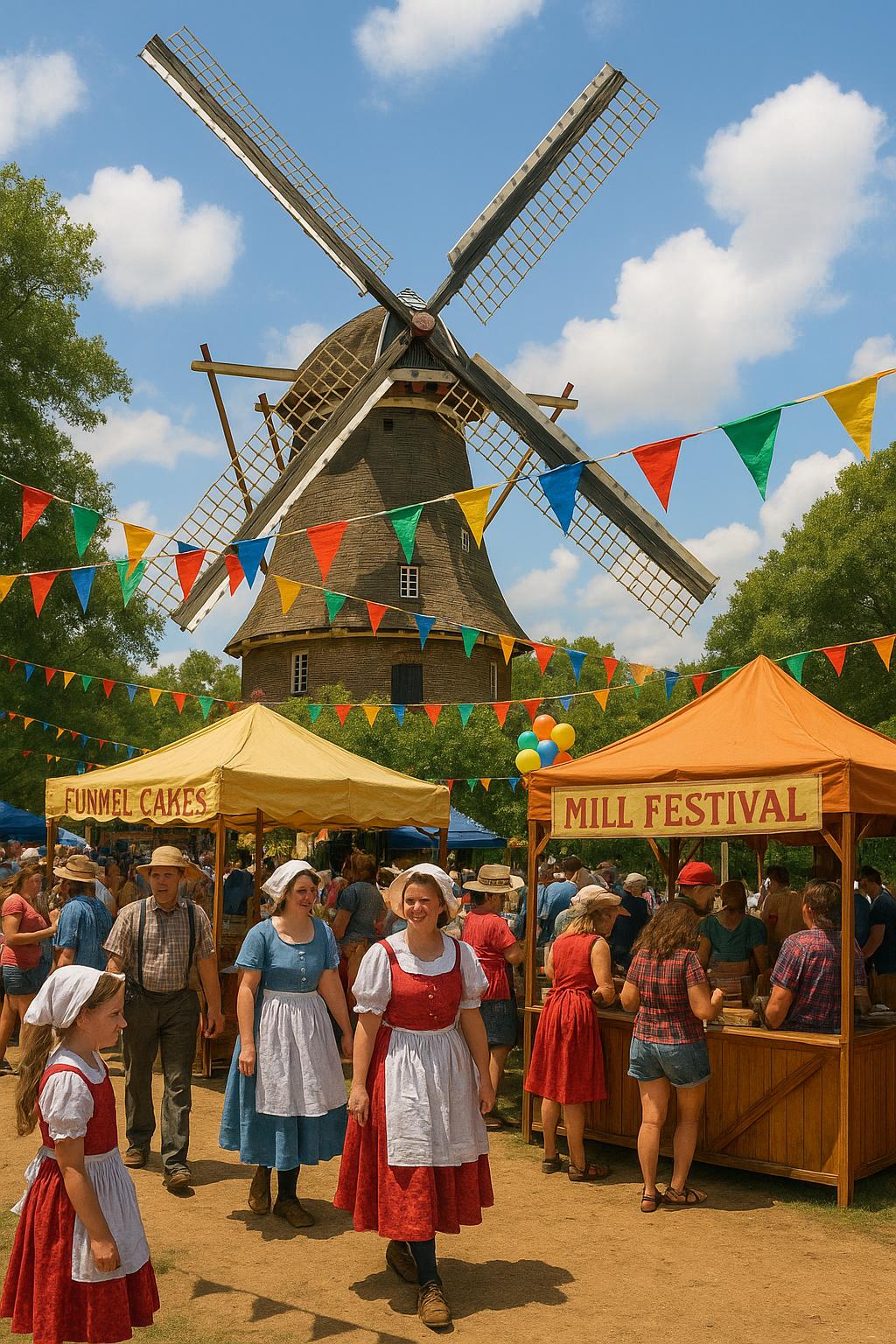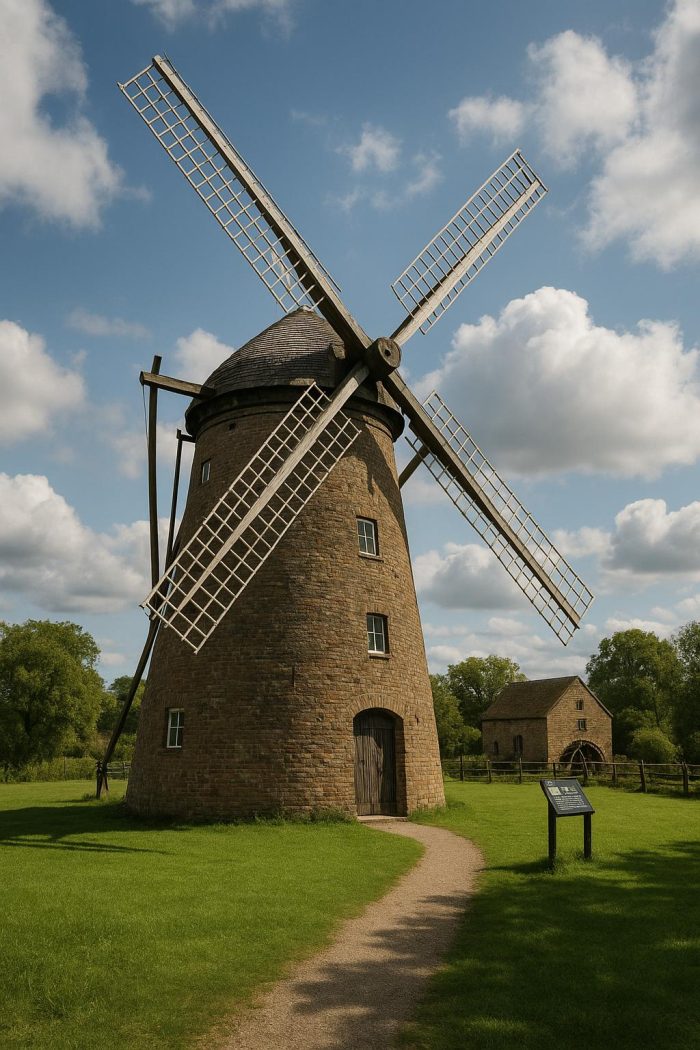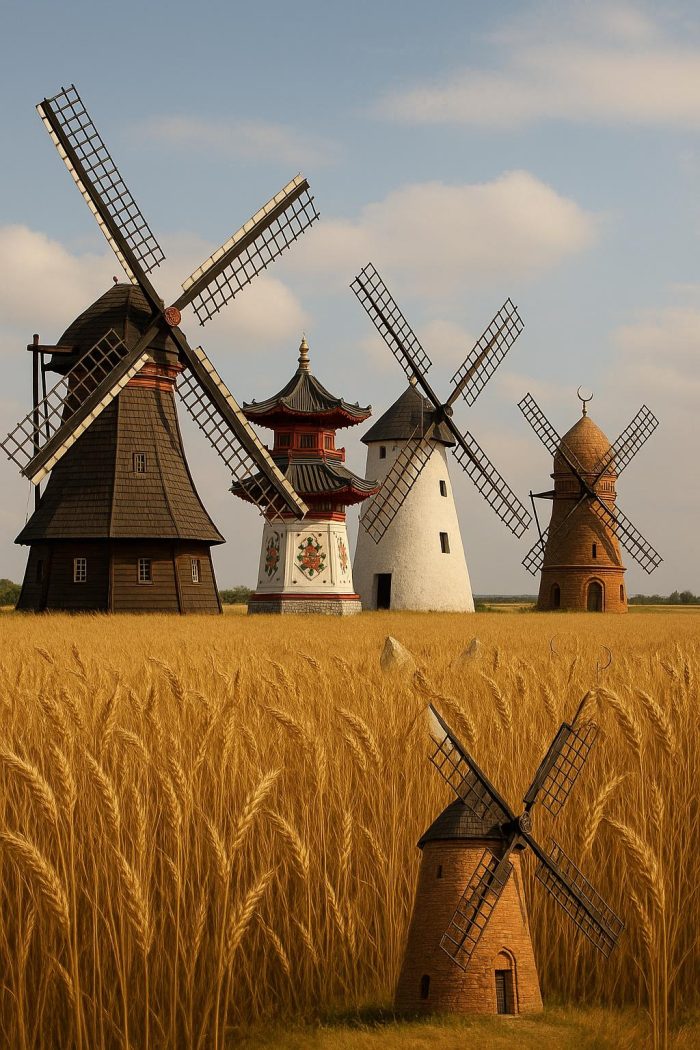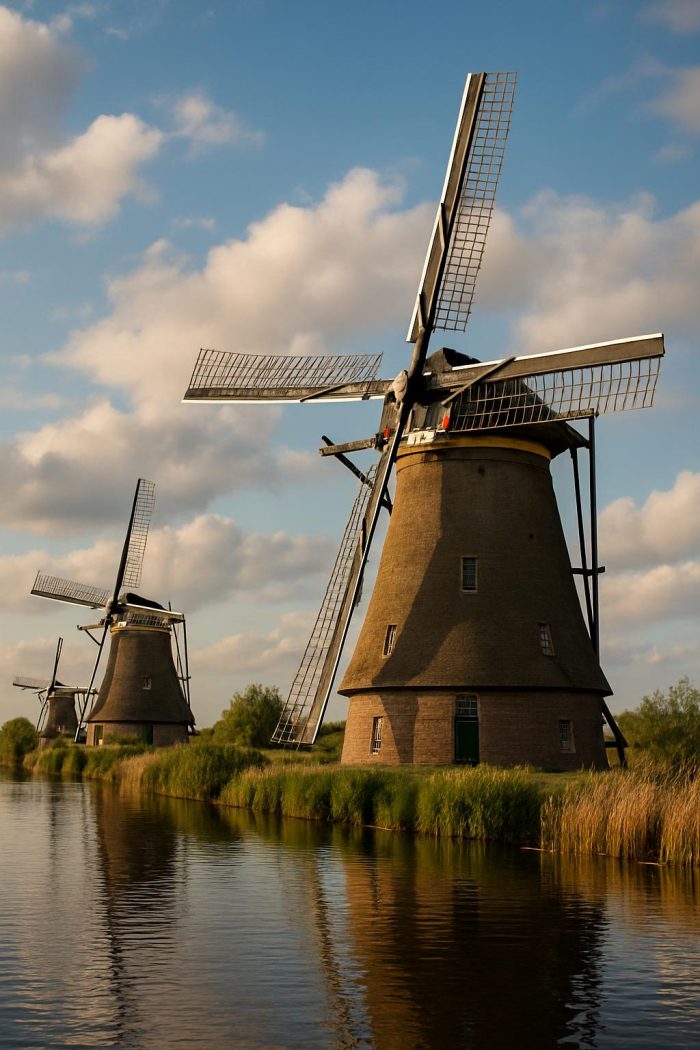Introduction to Mill-Themed Festivals and Events
Mill-themed festivals and events are jubilant celebrations that honor the historic and cultural importance of mills around the globe. Mills, being pivotal to the development of many societies, have had substantial roles that extend beyond industrial functions. They served as vital parts of community life, often influencing local economies, technological advancements, and cultural practices. These events offer a deep dive into traditional milling methods, local histories, and the economic effects mills have had on their communities. Attendees can partake in dynamic experiences that incite exploration and learning through demonstrations, guided tours, and interactive activities. Nowadays, mill festivals weave these historical narratives into vibrant events that attract people from various walks of life.
Historical Context
Throughout history, mills have been sites of industrial and communal significance. They were crucial hubs for grinding grain, processing textiles, and manufacturing paper. In many instances, mills were among the earliest forms of mechanized technology that communities relied on for economic sustenance. The importance of mills is underscored by their role in introducing mechanization to society, catalyzing industrial advancements.
Many regions across the world have made concerted efforts to preserve their historic mills, aiming to educate the public about traditional milling processes and the integral roles these structures played in history. By restoring and maintaining these historic buildings, communities bring to life the stories of yesteryears, sharing them with future generations. These preserved sites frequently host festivals that celebrate and illuminate this element of their local heritage, drawing people together to engage with shared histories.
Types of Mill-Themed Events
While specific details and emphases may vary from one mill-themed event to another, most festivals share certain essential elements. Here, visitors often find thorough programs that let them:
– Immerse themselves in operational mills where they can witness milling demonstrations firsthand. Watching the whirring of the gears and feeling the vibrating energy of the machinery connects attendees to past milling cultures.
– Join guided tours led by knowledgeable historians or local guides who narrate the captivating historical and architectural tales of these timeless structures. These tours can often lead to surprising revelations about local histories and technological innovations.
– Attend workshops that delve into milling techniques and related crafts, ranging from stone grinding for grains to weaving textiles using traditional looms. These workshops present a hands-on opportunity to appreciate the intricate skills involved in these traditional practices.
– Relish local foods and crafts, typically inspired by the mill’s history. The opportunity to taste breads baked from locally milled flour or purchase artisanal crafts made using traditional techniques adds a sensory dimension to the experience, deepening appreciation for the community’s cultural heritage.
Examples of Notable Mill Festivals
Among the myriad of mill-themed events worldwide, several stand out as particularly noteworthy:
One such festival is the Mill Weekend in Leicestershire, England. This event invites participants to explore several operational mills scattered throughout the area. It presents an excellent chance to see demonstrations, engage in storytelling sessions, and purchase locally milled goods, providing visitors with a rich, immersive experience. More information about activities and schedules can be accessed through their official Mill Weekend site.
In the United States, the Old Mill Days in Missouri is another celebrated event. This festival delves into the wood milling industry, offering visitors an expansive view of its practices and traditions. Participants can observe sawmill demonstrations and join artisan workshops, making the event a must-visit for those interested in woodworking and milling arts. Further specifics about the festival can be found on their website.
Educational Opportunities
Mill festivals are designed not only to entertain but also to educate, providing both children and adults with enriching learning opportunities through an interactive environment. Many events focus on educational programs that highlight sustainable practices and the significance of heritage conservation. Workshops often cover various intriguing topics, including:
– Traditional milling techniques that explain the transition from manual methods to mechanized processes, enlightening participants on how these methods have evolved over time.
– The art and science of restoration and conservation, teaching participants about the efforts needed to preserve historical structures and maintain their operational integrity.
– The environmental impacts and conservation considerations of modern milling, aligning historical practices with contemporary sustainability efforts to illustrate how old techniques can teach valuable lessons for today’s practices.
Economic and Community Impacts
Mill-themed events extend beyond cultural enrichment, impacting their host communities economically and socially. These festivals draw tourists from near and far, offering a substantial boost to local businesses such as hotels, restaurants, and craft vendors. This influx of visitors often revitalizes local economies and brings in funds that can be reinvested into community projects.
Additionally, mill festivals provide platforms for community engagement and volunteerism, fostering a sense of unity and social collaboration. By participating in volunteer opportunities or supporting local artisan vendors, attendees contribute to reinforcing community bonds and sustaining local traditions.
Conclusion
Attending a mill-themed festival is a multifaceted experience that merges education, history, and community together into a vibrant celebration of tradition and progress. These events are not just tributes to the technical achievements of the past but also avenues for promoting sustainable practices and economic development in the present. For those interested in these enriching experiences, checking local community event listings or consulting dedicated mill heritage organizations online could provide information on upcoming festivals suitable for a variety of interests. Whether one is drawn by the machinery, the history, or the sense of community, mill-themed events offer engaging and memorable experiences for all who attend.



